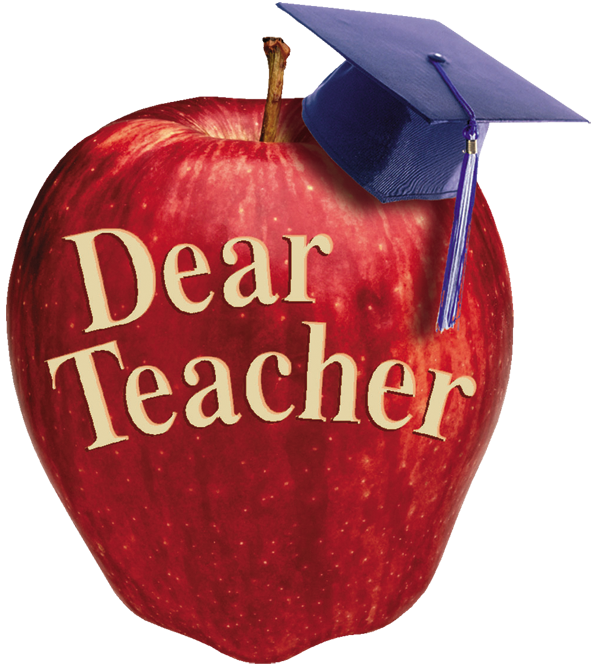By J. William Towne
We’ve all read plenty of profiles of great teachers who beat the odds and transformed tough classes into instructional powerhouses. Not only do their students love them, but their grades on standardized tests shoot through the roof as well!
After interviewing dozens of award-winning teachers and watching them work magic in their classrooms, my research suggests that there is a set of shared commonalities that they nearly all exhibit. Three are so fundamental to great teaching that any teacher who incorporates them will improve and likely become one of their students’ most effective teachers.
Commonality #1 – They Build Ironclad Relationships Great teachers know each of their students on a personal level. They know their favorites, fears, dreams and desires. They’ve met families and visited homes. They’re part counselor and part mentor, especially for struggling students. They treat each student as an individual and build on these relationships throughout the year. In fact, they spend as much time building relationships as they do on academics. This is the defining characteristic that separates them from average teachers.
Commonality #2 – Their Lessons Are Fun and Relevant Great teachers are like magicians. They can transform the most mundane topics into something so fascinating that even their least interested students remain intrigued. Even when burdened by “teaching the test” restrictions, they find creative ways to make lessons memorable by using music, art, food, games, stories, and humor that bring concepts to life. Because of this, their students actually want to learn and that’s half the battle.
On every lesson great teachers ask: 1) How can I make this relevant to the lives of my students? 2) How can I teach this so that my students will remember it years from now?
Commonality #3 – They Solicit Student Input Great teachers get their students involved. They solicit student input on things such as planning, implementing, and evaluating assignments. Many solicit and incorporate student input in everything from creating lesson plans, classroom rules and punishments, to even designing grading rubrics. Students who have a hand in the decision-making process become empowered and are much more likely to perform well. Great teachers rarely let a day go by that they don’t ask their students, “What do you think?”
J. William Towne is an education consultant and author of the critically acclaimed book, Conversations with America’s Best Teachers. http://www.amazon.com/Conversations-Americas-Best-Teachers-Practical/dp…
